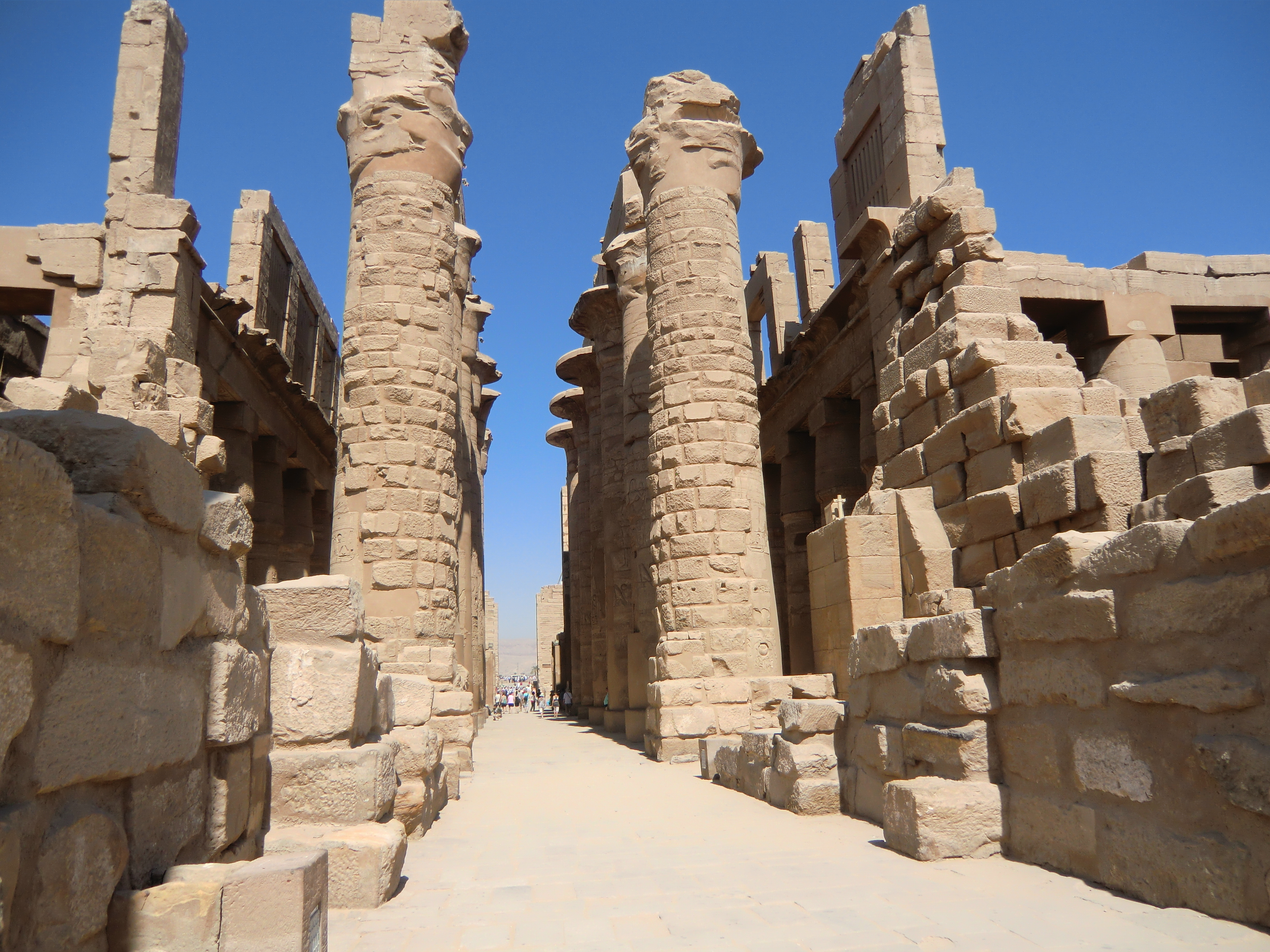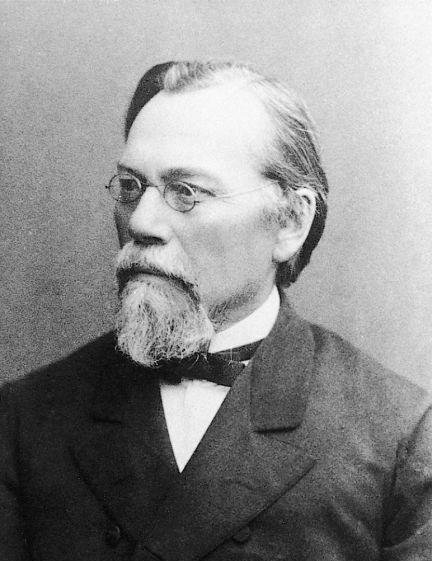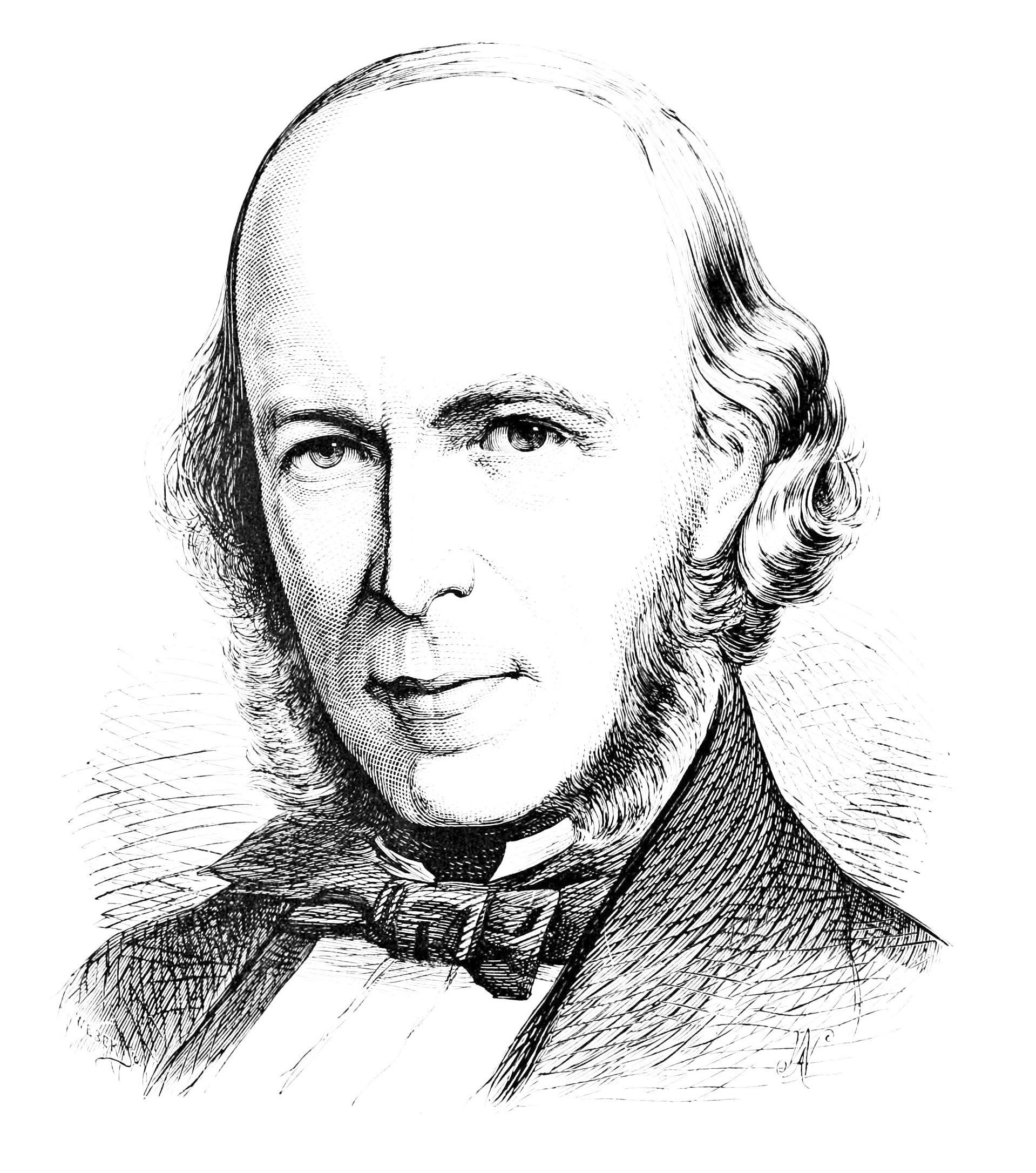|
Ignacy Żagiell
Ignacy Żagiell ( Lithuanian: ''Ignotas Žagelis''; 14 February 1826 - 21 June 1891) was a physician, traveler, and Polish-language writer descended from Lithuanian nobility. Life Ignacy Żagiell was born on 14 February 1826 in either the manor of Pavirinčiai or Kelpšiškiai, then part of the Russian Empire. Żagiell's brother Adam, would become a poet. He attended school in Ukmergė. He studied medicine at the University of Kyiv, graduating in 1850. After briefly working as a physician in Odessa, Żagiell traveled to Western Europe, where he continued learning about medicine in Paris, Berlin, Dresden, Prague, and Vienna. He gained a doctor's degree in Paris in 1856. From 1859, Żagiell worked as an army physician in Great Britain, briefly studying at Oxford and Paris. A famous occultist, Żagiell was made an honorary member of Oxford University. After joining the British Army, he traveled to India, and from 1860 lived in Egypt, where he was the occultist of the court of Sa'id o ... [...More Info...] [...Related Items...] OR: [Wikipedia] [Google] [Baidu] |
Russian Empire
The Russian Empire was an empire that spanned most of northern Eurasia from its establishment in November 1721 until the proclamation of the Russian Republic in September 1917. At its height in the late 19th century, it covered about , roughly one-sixth of the world's landmass, making it the list of largest empires, third-largest empire in history, behind only the British Empire, British and Mongol Empire, Mongol empires. It also Russian colonization of North America, colonized Alaska between 1799 and 1867. The empire's 1897 census, the only one it conducted, found a population of 125.6 million with considerable ethnic, linguistic, religious, and socioeconomic diversity. From the 10th to 17th centuries, the Russians had been ruled by a noble class known as the boyars, above whom was the tsar, an absolute monarch. The groundwork of the Russian Empire was laid by Ivan III (), who greatly expanded his domain, established a centralized Russian national state, and secured inde ... [...More Info...] [...Related Items...] OR: [Wikipedia] [Google] [Baidu] |
Karnak
The Karnak Temple Complex, commonly known as Karnak (), comprises a vast mix of temples, pylons, chapels, and other buildings near Luxor, Egypt. Construction at the complex began during the reign of Senusret I (reigned 1971–1926 BC) in the Middle Kingdom () and continued into the Ptolemaic Kingdom (305–30 BC), although most of the extant buildings date from the New Kingdom. The area around Karnak was the ancient Egyptian ''Ipet-isut'' ("The Most Selected of Places") and the main place of worship of the 18th Dynastic Theban Triad, with the god Amun as its head. It is part of the monumental city of Thebes, and in 1979 it was added to the UNESCO World Heritage List along with the rest of the city. Karnak gets its name from the nearby, and partly surrounded, modern village of El-Karnak, north of Luxor. Name The original name of the temple was ''Ipet-isut'', meaning "The Most Select of Places". The complex's modern name "Karnak" comes from the nearby village of el-Karnak ... [...More Info...] [...Related Items...] OR: [Wikipedia] [Google] [Baidu] |
1826 Births
Events January–March * January 15 – The French newspaper ''Le Figaro'' begins publication in Paris, initially as a satirical weekly. * January 17 – The Ballantyne printing business in Edinburgh (Scotland) crashes, ruining novelist Sir Walter Scott as a principal investor. He undertakes to repay his creditors from his writings. His publisher, Archibald Constable, also fails. * January 18 – In India, the Siege of Bharatpur ends in British victory as Lord Combermere and Michael Childers defeat the princely state of Bharatpur, now part of the Indian state of Rajasthan. * January 30 – The Menai Suspension Bridge, built by engineer Thomas Telford as the first major suspension bridge in world history, is opened between the island of Anglesey and the mainland of Wales. * February 6 – James Fenimore Cooper's novel ''The Last of the Mohicans'' is first printed, by a publisher in Philadelphia. * February 8 – Unitarian Bernardino Rivadavia becomes the first Pr ... [...More Info...] [...Related Items...] OR: [Wikipedia] [Google] [Baidu] |
Polish Military Doctors
Polish may refer to: * Anything from or related to Poland, a country in Europe * Polish language * Polish people, people from Poland or of Polish descent * Polish chicken * Polish brothers (Mark Polish and Michael Polish, born 1970), American twin screenwriters * Kevin Polish, an American Paralympian archer Polish may refer to: * Polishing, the process of creating a smooth and shiny surface by rubbing or chemical action ** French polishing, polishing wood to a high gloss finish * Nail polish * Shoe polish * Polish (screenwriting), improving a script in smaller ways than in a rewrite See also * * * Polishchuk (surname) * Polonaise (other) A polonaise ()) is a stately dance of Polish origin or a piece of music for this dance. Polonaise may also refer to: * Polonaises (Chopin), compositions by Frédéric Chopin ** Polonaise in A-flat major, Op. 53 (, ''Heroic Polonaise''; ) * Polon ... {{Disambiguation, surname Language and nationality disambiguation pages ... [...More Info...] [...Related Items...] OR: [Wikipedia] [Google] [Baidu] |
Nowa Encyklopedia Powszechna PWN
''Internetowa encyklopedia PWN'' (Polish for ''Internet PWN Encyclopedia'') is a free online Polish-language encyclopedia published by Wydawnictwo Naukowe PWN Wydawnictwo Naukowe PWN (''Polish Scientific Publishers PWN''; until 1991 ''Państwowe Wydawnictwo Naukowe'' - ''National Scientific Publishers PWN'', PWN) is a Polish book publisher, founded in 1951, when it split from the Wydawnictwa Szkolne i .... It contains some 80,000 entries and 5,000 illustrations. References Online encyclopedias Polish online encyclopedias P ...[...More Info...] [...Related Items...] OR: [Wikipedia] [Google] [Baidu] |
Internetowa Encyklopedia PWN
''Internetowa encyklopedia PWN'' (Polish language, Polish for ''Internet PWN Encyclopedia'') is a free online Polish-language encyclopedia published by Wydawnictwo Naukowe PWN. It contains some 80,000 entries and 5,000 illustrations. References Online encyclopedias Polish online encyclopedias Polish Scientific Publishers PWN books[...More Info...] [...Related Items...] OR: [Wikipedia] [Google] [Baidu] |
Bolesław Prus
Aleksander Głowacki (20 August 1847 – 19 May 1912), better known by his pen name Bolesław Prus (), was a Polish journalist, novelist, a leading figure in the history of Polish literature and philosophy, and a distinctive voice in world literature. Aged 15, Aleksander Głowacki joined the Polish 1863 Uprising against Imperial Russia. Shortly after his 16th birthday, he suffered severe battle injuries. Five months later, he was imprisoned. These early experiences may have precipitated the panic disorder and agoraphobia that dogged him through life, and shaped his opposition to seeking Poland's independence by force of arms. In 1872, in Warsaw, aged 25, he settled into a 40-year journalistic career that focused on science, technology, education, and economic and cultural development – societal enterprises essential to the perseverance of a people who in the 18th century had been partitioned out of political existence by Russia, Prussia, and Austria. Głowacki took t ... [...More Info...] [...Related Items...] OR: [Wikipedia] [Google] [Baidu] |
Historical Novel
Historical fiction is a literary genre in which a fictional plot takes place in the setting of particular real historical events. Although the term is commonly used as a synonym for historical fiction literature, it can also be applied to other types of narrative, including theatre, opera, cinema, and television, as well as video games and graphic novels. An essential element of historical fiction is that it is set in the past and pays attention to the manners, social conditions and other details of the depicted period. Authors also frequently choose to explore notable historical figures in these settings, allowing readers to better understand how these individuals might have responded to their environments. The historical romance usually seeks to romanticize eras of the past. Some subgenres such as alternate history and historical fantasy insert intentionally ahistorical or speculative elements into a novel. Works of historical fiction are sometimes criticized for lack ... [...More Info...] [...Related Items...] OR: [Wikipedia] [Google] [Baidu] |
Pharaoh (Prus Novel)
''Pharaoh'' () is the fourth and last major novel by the Polish writer Bolesław Prus (1847–1912). Composed over a year's time in 1894–95, serialized in 1895–96, and published in book form in 1897, it was the sole historical novel by an author who had earlier disapproved of historical novels on the ground that they inevitably distort history. ''Pharaoh'' has been described by Czesław Miłosz as a "novel on... mechanism[s] of political power, state power and, as such, ... probably unique in world literature of the nineteenth century.... Prus, [in] selecting the reign of 'Pharaoh Ramses XIII' [a fictitious character] in the eleventh century BCE, sought a perspective that was detached from... pressures of [topicality] and censorship. Through his analysis of the dynamics of an ancient Egyptian society, he... suggest[s] an archetype of the struggle for power that goes on within any state." ''Pharaoh'' is set in the Egypt of 1087–85 BCE as that country experiences int ... [...More Info...] [...Related Items...] OR: [Wikipedia] [Google] [Baidu] |
List Of Poles
This is a partial list of notable Polish people, Polish or Polish language, Polish-speaking or -writing people. People of partial Polish heritage have their respective ancestries credited. Physics *Miedziak Antal * Czesław Białobrzeski * Andrzej Buras * Georges Charpak, 1995 Nobel Prize * Jan Kazimierz Danysz * Marian Danysz * Tomasz Dietl * Maria Dworzecka, Polish-American computational nuclear physicist * Artur Ekert, British-Polish, one of the independent inventors (in 1991) of quantum cryptography * Krzysztof Gawedzki, mathematical physicist * Marek Gazdzicki, high-energy nuclear physicist * Ryszard Horodecki * Leopold Infeld * Aleksander Jabłoński * Jerzy Stanisław Janicki * Sylwester Kaliski * Elżbieta Kossecka * Jan Eugeniusz Krysiński * Stanislas Leibler, Polish-French-American * Maciej Lewenstein, theoretical physicist * Olga Malinkiewicz * Albert A. Michelson, American, 1907 Nobel Prize * Lidia Morawska, Polish-Australian * Stanisław Mrozowski * Władys ... [...More Info...] [...Related Items...] OR: [Wikipedia] [Google] [Baidu] |
Maria Broel-Pliater
Maria may refer to: People * Mary, mother of Jesus * Maria (given name), a popular given name in many languages Place names Extraterrestrial *170 Maria, a Main belt S-type asteroid discovered in 1877 *Lunar maria (plural of ''mare''), large, dark basaltic plains on Earth's Moon Terrestrial *Maria, Maevatanana, Madagascar *Maria, Quebec, Canada *Maria, Siquijor, the Philippines * María, Spain, in Andalusia *Îles Maria, French Polynesia *María de Huerva, Aragon, Spain *Villa Maria (other) Arts, entertainment, and media Films * ''Maria'' (1947 film), Swedish film * ''Maria'' (1975 film), Swedish film * ''Maria'' (2003 film), Romanian film * ''Maria'' (2019 film), Filipino film * ''Maria'' (2021 film), Canadian film directed by Alec Pronovost *''Being Maria'', 2024 French film released as ''Maria'' in France * ''Maria'' (2024 film), American film * ''Maria'' (Sinhala film), Sri Lankan upcoming film Literature * ''María'' (novel), an 1867 novel by Jorge Isaacs * ''Mar ... [...More Info...] [...Related Items...] OR: [Wikipedia] [Google] [Baidu] |





